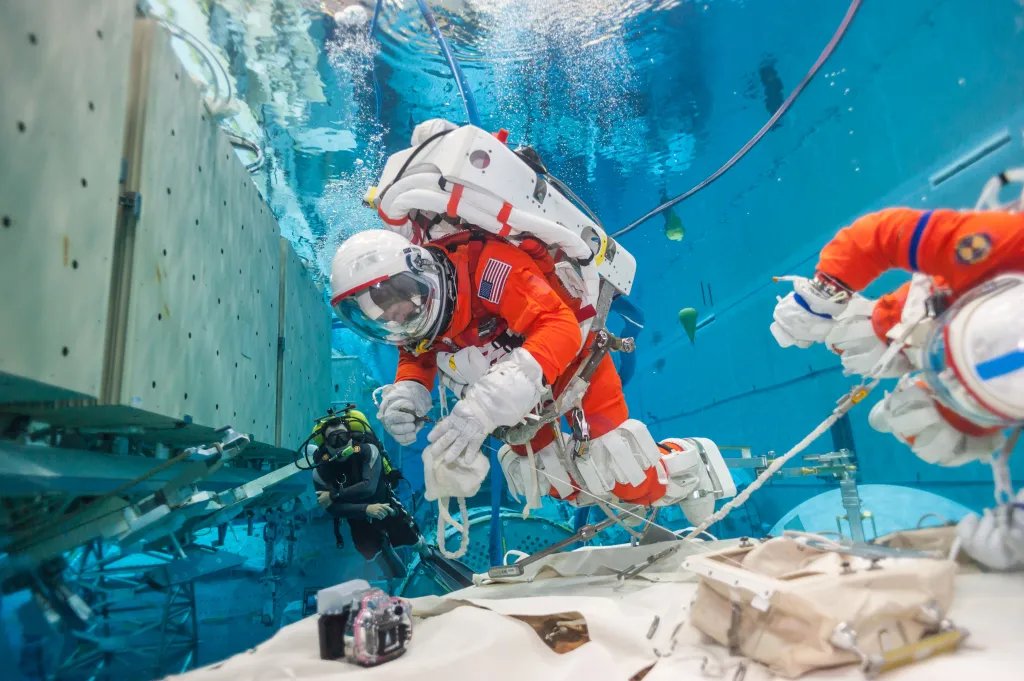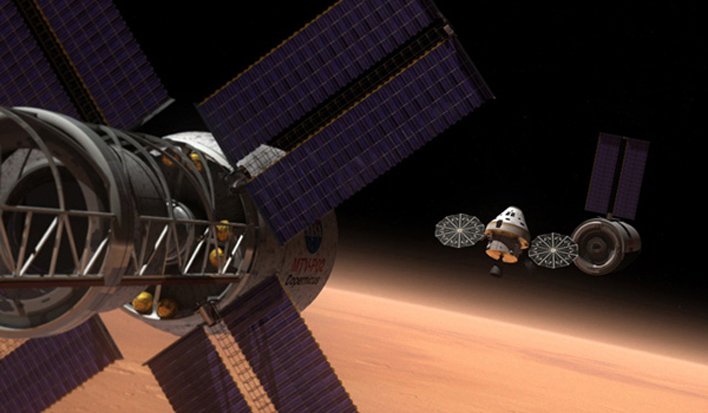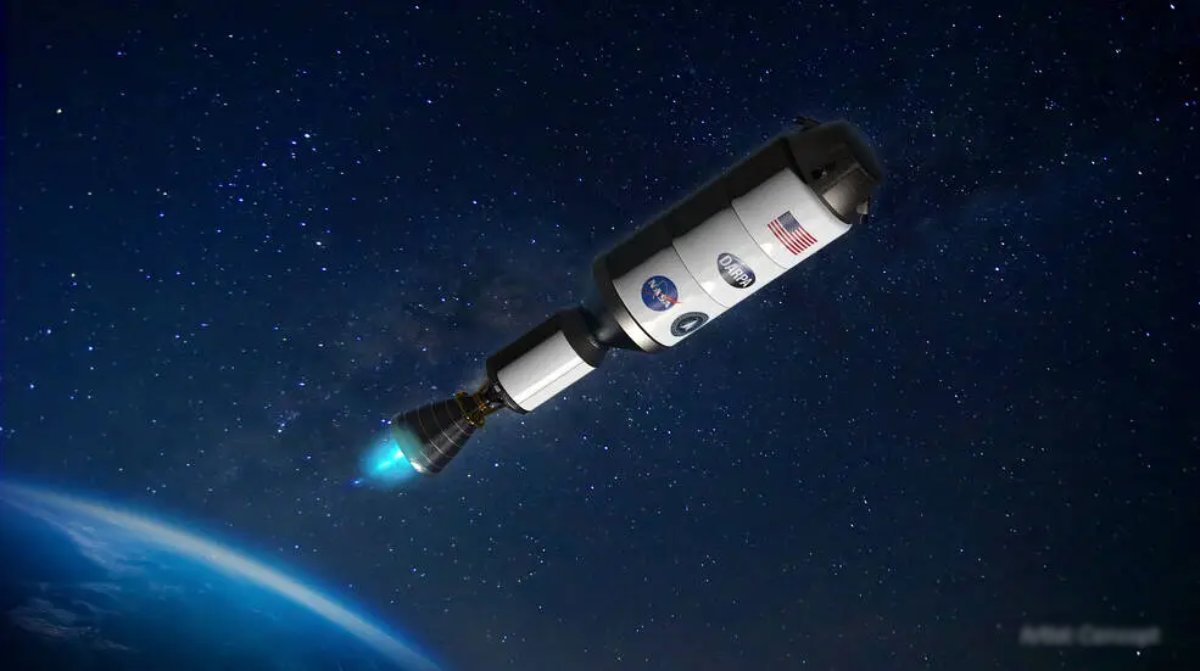Space exploration stands as one of humanity’s towering triumphs, yet it bears its share of trials. Beyond the physical dangers like radiation and muscle decay, mental health in space deserves equal spotlight. Enter the realm of astronaut psychology, a burgeoning discipline that delves into how isolation and extreme settings shape astronauts during lengthy missions.
As pioneers like NASA and SpaceX gear up for Martian ventures, unearthing the effects of isolation takes center stage. Just how do humans endure months—maybe years—light-years from Earth? What psychological hurdles must they leap over, and how can we lend a helping hand?
This article shines a light on mental health in space, zeroing in on isolation, stress, sensory deprivation, and the emotional strain of enclosed living. We’ll uncover strategies that nurture astronaut well-being during extended odysseys.
The Psychological Challenges of Long-Term Space Travel
Isolation and Confinement
Isolation in space poses a significant challenge. Astronauts drift far from home, with limited contact to family and friends. The weight of long-term solitude can lead to various effects, including:
- Depression and Anxiety: Loneliness and despair can develop during extended space missions.
- Mood Swings: High stress and lack of social interaction can lead to emotional ups and downs.
- Cognitive Decline: Reduced engagement and stimulation can slow reaction times and decision-making.
Research in Antarctica—our earthly analog for outer space—reveals a chilling truth: isolation impacts emotional well-being. Prolonged solitude can lead to withdrawal or spikes in irritability. Such shifts threaten mission success, making robust coping strategies not just beneficial, but essential.
The Stress of Space Missions
Space travel places you in an intense realm where tiny missteps can snowball. The relentless pressure breeds chronic stress, giving rise to:
- Sleep disturbances from irregular light and mission anxiety.
- Increased irritability and conflicts among crew members.
- Burnout and fatigue, which can impact performance and mission success.
In the weightless waltz of space, stress levels soar. Constricted quarters and life-or-death choices heighten this tension. NASA steps in, diligently tracking astronaut stress, ensuring they stay grounded. With the finesse of a tightrope walker, they weave mindfulness training into daily routines. Structured schedules provide a comforting rhythm amid the cosmic chaos. Cognitive behavioral therapy offers astronauts mental toolkits to navigate their emotional storms.
Sensory Deprivation and Mental Fatigue
In the vast expanse of space, astronauts crave the embrace of nature. The absence of fresh air and shifting landscapes leaves their senses yearning. This unchanging environment breeds sensory monotony, where the mind can stagnate. Prolonged exposure to sameness invites mental fatigue and drains motivation’s bright spark.
Effects of sensory deprivation include:
- Hallucinations: Some astronauts see flashes of light from cosmic rays.
- Time Distortion: Without natural day-night cycles, astronauts may feel confused about time.
- Reduced Emotional Regulation: Lack of stimuli can make astronauts more sensitive to minor issues, increasing stress.
To tackle these challenges, space agencies harness the power of virtual reality (VR). They create Earth-like environments, allowing astronauts to unwind and rejuvenate. Additionally, some missions employ artificial lighting that dances to the rhythm of natural sunlight patterns.
Coping Strategies and Countermeasures

Psychological Training for Astronauts
Before embarking on their cosmic journeys, astronauts undergo psychological training to gear up for the challenges of the universe. This essential preparation includes:
- Resilience Training: Teaching coping skills for stress.
- Team Dynamics Exercises: Enhancing collaboration and conflict management.
- Emotional Regulation Techniques: Mindfulness and breathing exercises for high-pressure situations.
Astronauts embark on a journey beyond Earth, training to detect mental strain. They learn to recognize their own emotions and those of their teammates. This awareness is not merely beneficial; it serves as the lifeblood of team unity. In the cosmic sea of space, a cohesive crew is essential for success.
Communication and Social Support
While real-time communication with Earth is limited, space agencies work to maintain astronaut morale through:
- Regular Video Calls with family and psychologists.
- Pre-recorded Messages and Personalized Playlists to keep astronauts connected to home.
- Crew Bonding Activities, like shared meals and games, to promote teamwork.
- Personalized Reminders of Earth, such as photos and letters from loved ones.
The Role of Artificial Intelligence in Mental Health Support
Artificial Intelligence is your cosmic companion, exploring mental health support for space missions. These stellar tools can:
- Detect Early Signs of Psychological Stress and suggest coping strategies.
- Provide Guided Meditation and Cognitive Exercises tailored to astronauts.
- Facilitate Conflict Resolution by analyzing communication and offering solutions.
- Offer Real-Time Crisis Support for emotional breakdowns.
Future Challenges: Preparing for Deep Space Missions

Mars missions may take a cosmic journey of three long years; mental well-being is essential. Here are some innovative solutions lighting the way:
- Space Habitat Design Enhancements: Creating larger, more comfortable living areas.
- Autonomous Mental Health Programs: AI-driven self-help tools for astronauts.
- Human Hibernation Research: Studying if induced torpor can ease psychological challenges on long journeys.
- Biological Countermeasures: Exploring drugs or gene therapy to improve emotional stability.
- Social and Psychological Simulations: Testing long-term group dynamics in Earth-based analog missions.
Strengthening Minds for the Final Frontier
Understanding astronaut psychology is crucial for long journeys among the stars. The vast isolation of space, mixed with its unique pressures, sparks a thirst for knowledge. Our mission? Unlocking the mind’s potential through continuous research and creative solutions.
As we aim for the stars, prioritizing mental health is vital. Space agencies must boost psychological training with innovative strategies. Supportive technologies can act as comforting companions on this journey. Designing resilient environments will fortify the minds of our brave explorers. Tackling these challenges ensures they remain mentally fit while boldly pushing humanity’s boundaries.
What’s the most daunting psychological challenge facing astronauts in the cosmos? Share your thoughts in the comments below!


